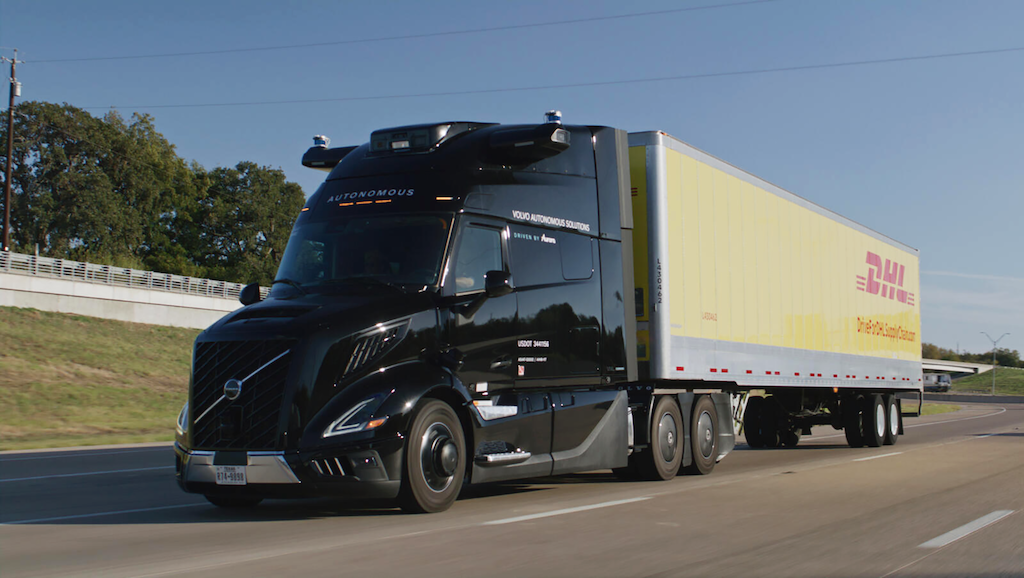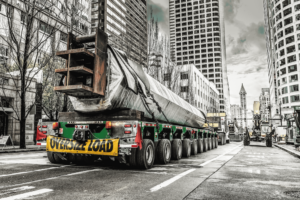Volvo Autonomous Solutions (V.A.S.) and DHL Supply Chain have joined forces to revolutionize freight transportation with the launch of autonomous operations in the United States. The initiative, powered by the production-ready Volvo VNL Autonomous truck equipped with the advanced Aurora Driver system, marks a significant milestone in scaling autonomous transport solutions. Initially, operations will be focused on two major freight lanes: Dallas to Houston and Fort Worth to El Paso. A safety driver will be present to monitor operations and ensure smooth integration into existing logistics networks during this phase.
Sasko Cuklev, Head of On-Road Solutions at Volvo Autonomous Solutions, emphasized the role of partnerships in accelerating autonomous technology. “Early adopters play a pivotal role in validating both safety and operational performance,” said Cuklev. “Our collaboration with DHL Supply Chain highlights how autonomy can complement traditional transport methods by increasing freight capacity and optimizing supply chain efficiency.”
Jim Monkmeyer, President of Transportation for DHL Supply Chain North America, echoed this sentiment, noting the transformative impact of autonomy on logistics. “Autonomy is a key enabler for advancing digital transformation in logistics, offering reliable long-haul capacity,” Monkmeyer said. “Our long-standing partnership with Volvo has allowed us to align their cutting-edge solutions with our 24/7 operational needs, driving greater trucking efficiency and value for our customers.”
The Volvo VNL Autonomous is designed with built-in redundancy across critical systems, replacing the human driver’s backup role with automated safeguards that ensure safe operation even if primary systems encounter an issue. The truck’s autonomous capabilities are powered by Aurora’s sophisticated Driver system. Equipped with high-resolution cameras, imaging radar, and proprietary long-range lidar—the Aurora Driver enables safe and reliable navigation at highway speeds.
Nils Jaeger, President of Volvo Autonomous Solutions, highlighted the importance of infrastructure and support networks in enabling autonomous trucking at scale.
“In addition to the autonomous truck, a cohesive support network is essential to daily operations,” said Jaeger. “As part of the Volvo Group, we benefit from industry-leading product development, manufacturing capabilities, and an established service network.”
To maximize uptime for future autonomous fleets, V.A.S. has partnered with industry experts like Bruckner’s Truck & Equipment and other key Volvo Trucks dealers across Texas to establish critical service and support points.
Autonomous trucking promises to transform the transport industry by improving efficiency, lowering operational costs, and enhancing safety. With 24/7 operational potential, autonomous trucks can accelerate deliveries and streamline supply chains, fostering a more resilient logistics network.
Monkmeyer also highlighted the benefits for drivers, including opportunities to manage fleets remotely and a reduction in physical and mental strain. “Autonomous trucks address ongoing labor challenges while improving drivers’ quality of life and job satisfaction,” he said.






